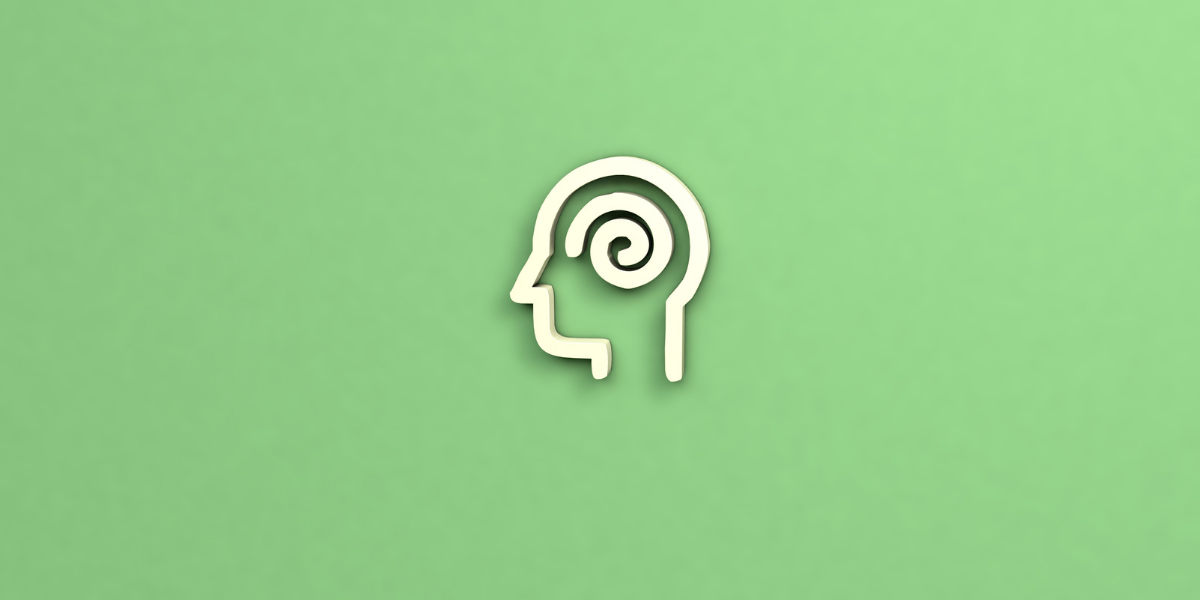5 Keys To Psychological Safety & Wellbeing

Reducing Anxiety & Uncertainty
Many organisations around the world were encouraging employees after six months of lockdown to return to the office.
New research suggests that less than 20% of workers feel positive about heading back to their offices as workplaces begin to re-open across this month.
One of the biggest fears of returning to the office is catching COVID-19, and the newly-discovered flexibility of working from home has been a gamechanger for many juggling work and family. With large giants like Google allowing employees to work from home at least until July 2021.
A planned campaign from the UK government once schools reopened was set to expediate a return to the office.
However, yesterday’s announcements and further corona virus restrictions encouraged businesses to stay working from home to help contain the virus.
‘Office workers who can work effectively from home should do so over the winter’ further guidance can be found here
Returning To The office Or Remain Working From Home
It has created a spotlight around the importance of workplace wellbeing and the psychological safety of employees.
Sparking many debates, on hybrid models with phased returns to work being trialled to accommodate both employers and employees.
Self-isolation, social distancing, digital stress and work-life balance have been one of the many discussions around managing anxiety working from home and psychological safety returning to the office.
Some employees have been excited to get back to the office and welcome the structure or familiarity, but soon realise the new workplace is very different. Not quite the office they had left behind prior to the pandemic.
5 Keys To Psychological Safety & Wellbeing
- Social Distancing – Will it be weird returning to the office environment?
Many employees have expressed concerns about catching corona virus in the workplace despite detailed plans of the office layout, conference rooms and cubicle space, one way systems to maintain social distancing and newly installed hand sanitisers and enhanced cleaning.
The physical health and safety of employees is well covered in risk assessments. However, emotional wellbeing and what it may feel like for colleagues working in these new Covid safe environments, socially distanced perhaps needs more discussion and consideration with colleagues to feel psychologically safe.
- Wearing Masks- Are people not wearing masks taking it seriously?
Despite masks being mandatory in all shops and on public transport or indoor public places. Some organisations are also requesting employees wear masks at work, especially if unable to maintain the 2 metre social distancing rule.
However, not everyone is wearing face coverings which increases anxiety, especially for people travelling to and from work using public transport.
When feeling stressed or anxious it is easier to remain in our survival brains, fight or flight. Where we can entertain more polarised thoughts and assume the worst.
Some people are not adhering to the rules, while some are legitimately exempt from wearing face coverings, due to pre-existing health conditions.
To increase your wellbeing, lead your mind towards more positive thoughts and assume people not wearing masks may have a valid reason.
- Returning too early- Will my boss force me to return too soon?
This is certainly a question that has caused many people anxiety and perhaps even some, sleepless nights. However, most companies have expressed not forcing employees back to the office too soon, but giving people the autonomy to make their own decisions when they feel ready to return.
There certainly is a recognition that some people like the structure of the office and find it more productive. Hence, some organisations have gone to great efforts to ensure a Covid secure environment to work in.
If your boss insists you come back to the office and you still feel it is too early or your role does not facilitate remote working, perhaps you can appeal to their compassion or empathy to build a hybrid approach to the workplace.
- Uncertainty – How do I manage uncertainty?
It is certain we are in a forever changing environment of not knowing. Mastering not knowing is perhaps the ultimate test of resilience especially in the world of Covid.
Depending on your tolerance for not knowing, your capacity for uncertainty can be developed. Managing uncertainty is often an inside job!
Just when you think you have got to grips with the rules. Things are changing, throwing our newly adjusted routines into chaos once again.
Anyone who visited an airport this summer or ended up in a country and suddenly were thrust into a 14 day quarantine, with little notice would have experienced such chaos first hand.
But, what doesn’t kill us will make us stronger!
- Connection – What can I do to increase connection and kindness?
Human beings are designed for social interaction and we need other humans for social connection. The Hebrew phase ‘Tikkun Olan’ which means to repair the world.
A philosophy of Ruth Bader Ginsberg, an amazing woman showing kindness and inspiring community through social action and justice. Her life is a reminder to us all of the importance of community and kindness. To ourselves and the people we love – friends, neighbours and relatives.
